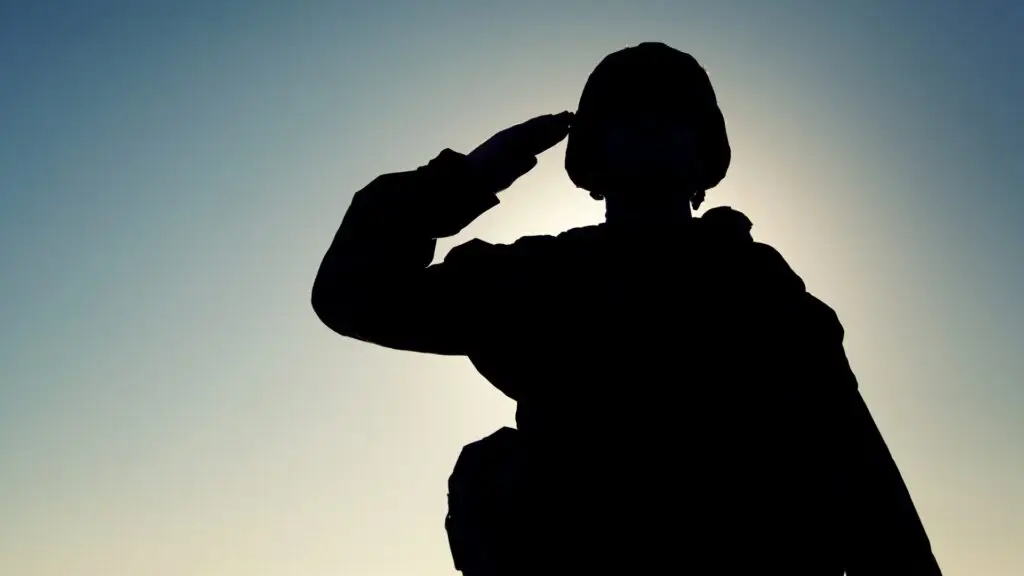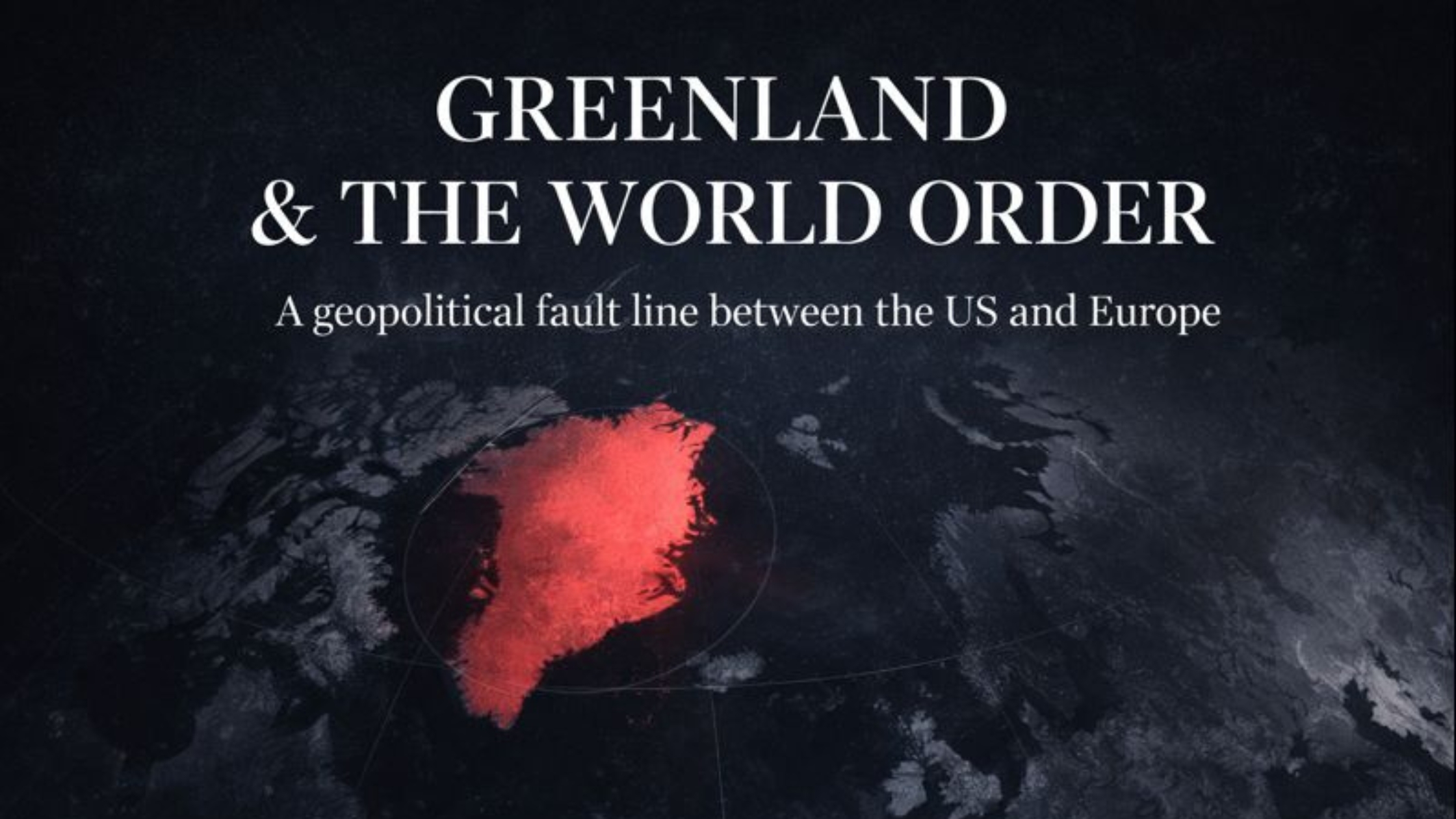I can no longer recall the precise words that formed in my head each time my boots hit the pavement of Vimy Barracks on that brisk September dawn decades ago. But I’m sure most frequent contained the f-word adjective modifying a certain part of the male anatomy. And they were directed at my father. I hated him that day, perhaps more than ever before in all the times we had fought. And that was saying something.
Gus, the barracks barber, had given me a buzz cut the afternoon before, and I was issued an itchy woolen uniform that hung on me like a sack. I had slept late the previous morning. Now, after being shouted out of bed half an hour ago, I was running at 6 a.m. to the mess hall along with a dozen or so other 16-year-olds, keeping step to the shouted “left-right, left-right” of Sergeant Pinsent, my ersatz-father to be for the next few years.
I didn’t know how many of the others wanted to be here, part of Echo 45, the newest intake of soldier apprentices of the Royal Canadian Signal Corps. I sure as hell didn’t. But my father had forced me into it, and I cursed him bitterly that day and many others during at least the first of my four years of service for wrecking my life.
Today, I am grateful to him. Because he saved it by turning me around. I still didn’t know what I wanted to do with myself as we pounded along toward the mess hall that morning. But one thing I was sure of. Not this. And that realization became the start of my epiphany.
There were moments of closeness. But my father was less the warm and fuzzy type and more the disciplinarian. From Grade 1 on, anything other than straight A’s brought home by my older brother and me resulted in five whacks with a leather belt over our bare buttocks—mostly mine, with Tony the better student. I’m sure my dad didn’t enjoy it. I still remember how he once agreed to let my mother carry out the punishment, probably knowing full well that she would smack the couch in the maid’s room instead of my butt. But that was how one raised kids in Hungary back then. And once we emigrated to Canada, both he and my mother were gone for most of each day and much of the evening, musicians too busy building new lives in Toronto to notice that one of the lazier of their latch-key children was turning into a problem child.
I’m fairly sure now that I developed ADHD as I began transitioning into puberty. I still remember sitting down in Mr. Kerr’s Grade 9 math class at the opening bell and standing as the bell rang to end class not recalling a word he had said. But the syndrome didn’t have a name back then. I started failing one subject, then the next, and at night, I hung out with the toughs at our local park. The problem was that I wasn’t one of them, so I got the worst of every fight I got into. I guess my parents were hoping it was a phase. Nope. By Grade 10, I was smoking, drinking, and carrying a knife. My report card was a row of Fs, except for English, where I got an A.
Maybe that A was a beacon signaling where my life’s path would lead. Back then, it didn’t matter. My mother pleaded, but my father was adamant. It was out on the street or in the army, and knowing I would not survive on the street, I chose the lesser of two evils.
I don’t know when I began looking at what my father did to me in new light, and it took some time before my dislike of army life set me thinking of what I wanted to do with myself. But sometime in my third year of sweeping floors instead of working as the technician I had trained for, I called and asked if I could come home and finish school. And when he said yes, I heard the joy in his voice.
I don’t mean to imply that I deserve praise for what I’ve accomplished since. Graduating from high school and college and going on to a rewarding career—in my case, journalism—is something countless others have achieved in less time than it took me. Still, I have a reason for writing this.
My father died decades ago, and amid all the political and other disputes I had with him before we reconciled in his last years, I can’t remember if I ever told him he made the right decision back then for his sorry 16-year-old trying to figure out life.
But if not: Papa, for the record, thank you.



